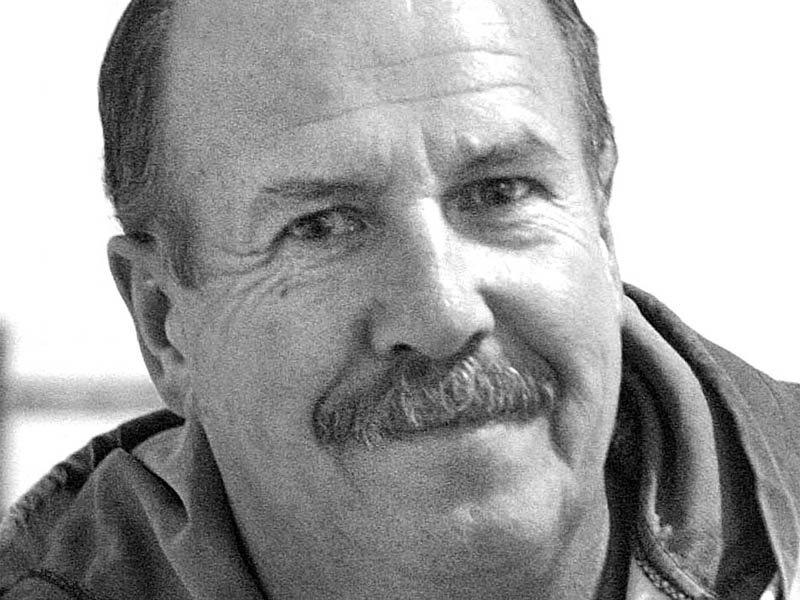Columnists
Waite Hoyt and Murderers’ Row

 When offered the opportunity, Jim Niccum jumped up into the driver’s seat of the Model T Ford and turned the key in the ignition. After a few moments, the engine turned over and a large smile creased his face. Jim works as a historian at the Edison and Ford Estates in Fort Myers, Florida. He has been working there for more than 20 years. He has also been r a m b l i n g around the world for more than 90 years. I always enjoy chatting with him. Every once in a while, he shares a memory with me, and I instantly realize that I can churn it into a column.
When offered the opportunity, Jim Niccum jumped up into the driver’s seat of the Model T Ford and turned the key in the ignition. After a few moments, the engine turned over and a large smile creased his face. Jim works as a historian at the Edison and Ford Estates in Fort Myers, Florida. He has been working there for more than 20 years. He has also been r a m b l i n g around the world for more than 90 years. I always enjoy chatting with him. Every once in a while, he shares a memory with me, and I instantly realize that I can churn it into a column.
Jim recently asked if I had ever heard of Waite Hoyt. I replied in the affirmative. He then told me that Hoyt was his father-in-law. The wheels were in motion and I am pleased to share the results with you.
Waite Hoyt was a baseball pitcher who pitched in the major leagues from 1918 to 1938. His finest years were spent on the mound with the New York Yankees. One year in particular stands above all others: 1927. The Yankees won the World Series that year.
Hoyt won 22 games and lost 7 in 1927. Wiley Moore won 19 games, as did Herb Pennock. Urban Shocker won 18. But that team is remembered more for the bats than for the hurlers.
George Herman “Babe” Ruth hit 60 home runs. He scored 158 runs and batted .358. Lou Gehrig led the league with 175 runs batted in. He had 18 triples and batted .373. Earle Combs led the league with 231 hits and was third in runs scored behind Ruth and Gehrig.
The team was dubbed “Murderers’ Row.” Baseball celebrated its centennial in 1969, and the 1927 Yankees were selected by the Baseball Writers Association of America as the greatest team ever. Hoyt was also elected to the Baseball Hall of Fame that year, along with Roy Campanella, Stan Coveleski and Stan Musial.
In his introduction to a book about that team, Hoyt indicates that the team was not assembled overnight. Hoyt joined the club in 1921 and won the first league championship along with Ruth, Musial, Bob Shawkey and manager Miller Huggins.
Hoyt finished his career with a record 237 wins and 182 losses. His career ERA was 3.59. By the time he retired in 1938, he had pitched the most victories in World Series history.
To be continued . . .

Comments (0)